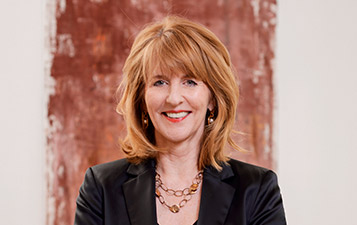The number of small Biopharmaceutical and Medical Device Companies (“small sponsor companies”) conducting early stage clinical trials is increasing. Outsourcing and vendor management are essential for survival of these companies, since they are usually facing the challenges of limited budgets and resources.

Conflicting business models
The business model of most small sponsor companies is to develop new or improved pharmaceutical compounds which can be sold or licensed profitably during the clinical phase of drug development, i.e. before market authorisation. Thus, a single clinical trial can be a “make or break” milestone for a small sponsor company. Even the achievement of a single milestone like the approval of the clinical trial submission or the timely “First Subject In” creates substantial value for shareholders and results in positive press releases and greater awareness for potential investors. The outcome of clinical trials and the achieved company milestones are often decisive for the success of the next financial investment round.
The business model of CROs (Contract Research Organisations) is to create profits for shareholders and high revenues to finance the company´s strategic growth. Partnerships, continuous repeat business, combined with new business opportunities guarantee their existence. For large CROs, it is easy to partner with big pharma companies on global clinical trials, as both partners have a comparable level concerning organisational structures, expertise and resources. Small to midsize or niche CROs often convince through their high specialisation, dedication and alignment to the sponsor.
Worldwide, CROs have recognised the growing need of small sponsor companies for support in conducting clinical trials. Generally CROs, even the smaller ones, have a larger organisation and a different company culture than small sponsor companies. CROs work process oriented, clearly structured with defined decision-making processes, while small sponsor companies are known for their innovative power, flat hierarchies and sometimes unconventional decision-making processes.
Even so, for small sponsor companies the success of a partnership does not depend on the size of the CRO, as CROs of all sizes have experienced staff and are well suited to collaborate in a meaningful way with each sponsor.
Nevertheless, many small sponsor companies recognise a gap between their needs and the actual support they obtain during study conduct. In the sponsors view the CROs do not entirely meet the real needs of the small company, and there is a lack in understanding of one another. Though if the partners are aware of each-others goals and expectations, obvious differences in business models paired with different company cultures do not necessarily create hurdles.
Understand each others business cultures
To create a smooth, successful and transparent working environment, it is crucial that right at the start of the cooperation, the organisational structure on both sides is made transparent, so that the decision-making processes of partners on either side is understood. Likewise, both CRO and sponsor should be aware of the company culture of their partner. The company culture is highly depending on the size of a company.
Small sponsor companies have to be very clear about their expectations towards the cooperation with the CRO. This does not only apply to the three magical components: quality, timelines and budget but also to the soft skills, the extent of the support and the level and type of communication, one of the key components to make these relationships prosper.
The awareness for and profound understanding of each other’s values, needs and structures creates a robust basis for successful cooperation and to develop a common understanding to thrive for a common goal: to reach definitive, conclusive results that move the small sponsor company to the next development stage.


